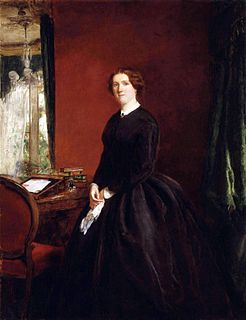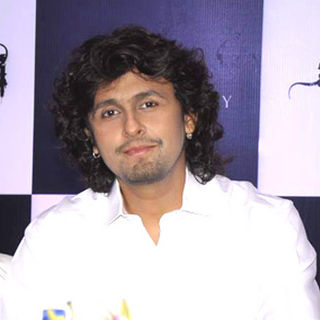A Quote by Stella Young
Disability doesn't make you exceptional, but questioning what you think you know about it does.
Quote Topics
Related Quotes
There are things that I really find important, and that we need to remind ourselves of. When you think about disability, do you really think about it? Someone who's a full-time trainer or a boxer, someone who's got a major disability, but who doesn't let that get in his way, that's a really good message for someone who is able-bodied. It can make them think, 'Wow, I suppose I could be doing better for myself.'
I think in that context, when a generation of kids is that ignorant of their recent history, it does a good job of showing what the Pistols were standing for. It's current and it's in the air, partly because I think nothing contemporary is as extreme or as strongly stated as what The Sex Pistols were able to do in their time, in the '70s. I think the reason to [make the film] is that their ideas are still alive: the defense of the right to be an individual, and questioning everything you read, and questioning all the information that's bombarded increasingly at you.
A savant, by definition, is somebody who has a disability and, along with that disability, has some remarkable ability. Prodigies and geniuses have the remarkable abilities that the savant shows, but they do not have a disability. So, by definition, a savant includes someone with a disability, and a prodigy or genius are people who have these remarkable skills but they do not have a disability.
There are many singers who have got an exceptional talent, but spend their lives singing in local trains or hotels. Does the country even know who they are? Music in India is restricted only to Bollywood. Whoever manages to make a mark there is remembered. The ones who fail to reach and make it big there are forgotten.
I would say that deconstruction is affirmation rather than questioning, in a sense which is not positive: I would distinguish between the positive, or positions, and affirmations. I think that deconstruction is affirmative rather than questioning: this affirmation goes through some radical questioning, but it is not questioning in the field of analysis.
It seems to me that people who don’t learn as easily as others suffer from a kind of learning disability—there is something different about the way they comprehend unfamiliar material—but I fail to see how this disability is improved by psychiatric consultation. What seems to be lacking is a technical ability that those of us called ‘good students’ are born with. Someone should concretely study these skills and teach them. What does a shrink have to do with the process?

































